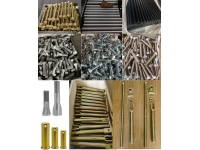
Where to Buy Hex Bolts from China Exporters at Competitive Prices?
IntroductionHex bolts are essential fasteners used in construction, automotive, ...Read more

IntroductionHex bolts are essential fasteners used in construction, automotive, ...Read more
NINGBO YINZHOU YANGAN FASTENER CO.,LTD / NINGBO STUDBOLT INTERNATIONAL TRADE CO., LTD ,we provide good quality goods and excellent service all over the world more than 20 years.we are a top manufacturer of bolts, fasteners and nuts. Our manufacturing unit is located in the Ningbo,China. The company is committed principally towards the production of superior quality bolts and fasteners.
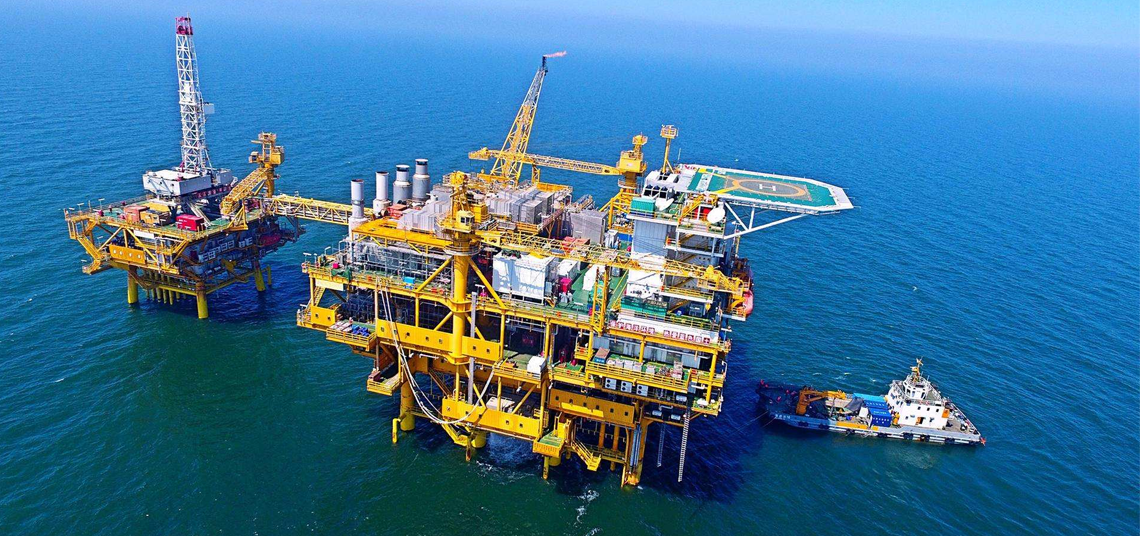
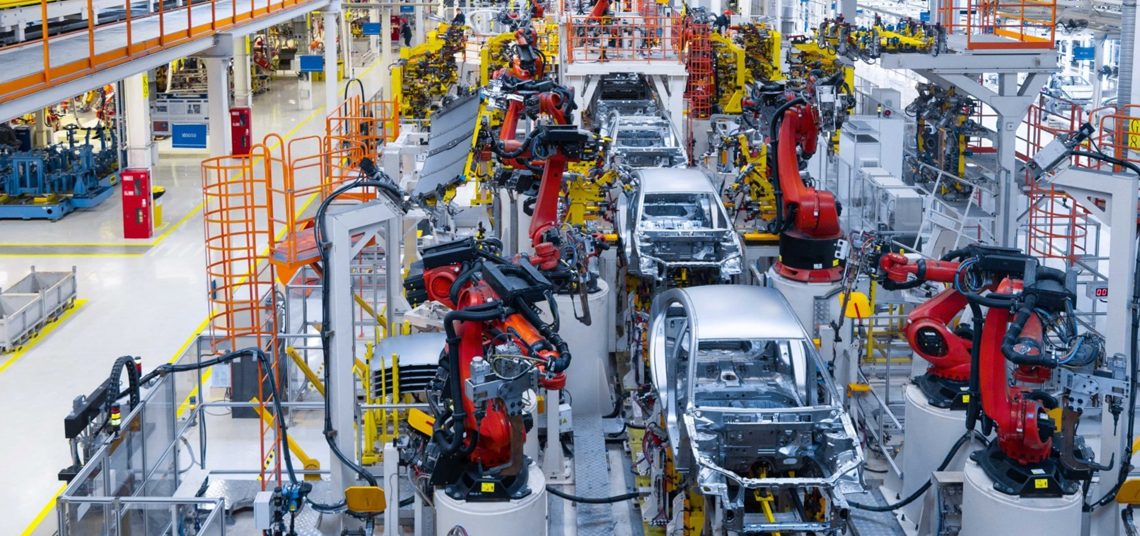

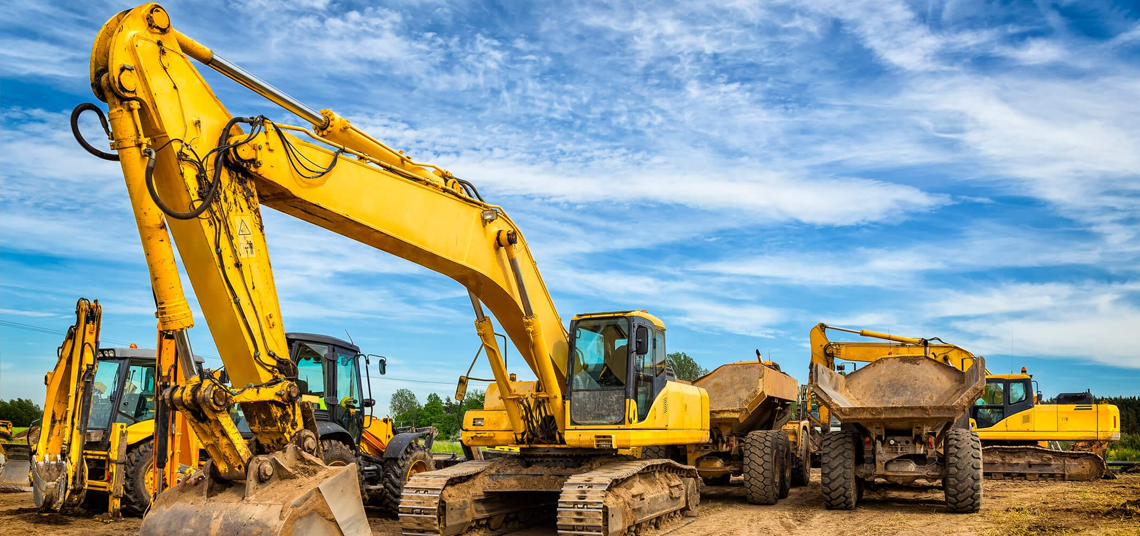
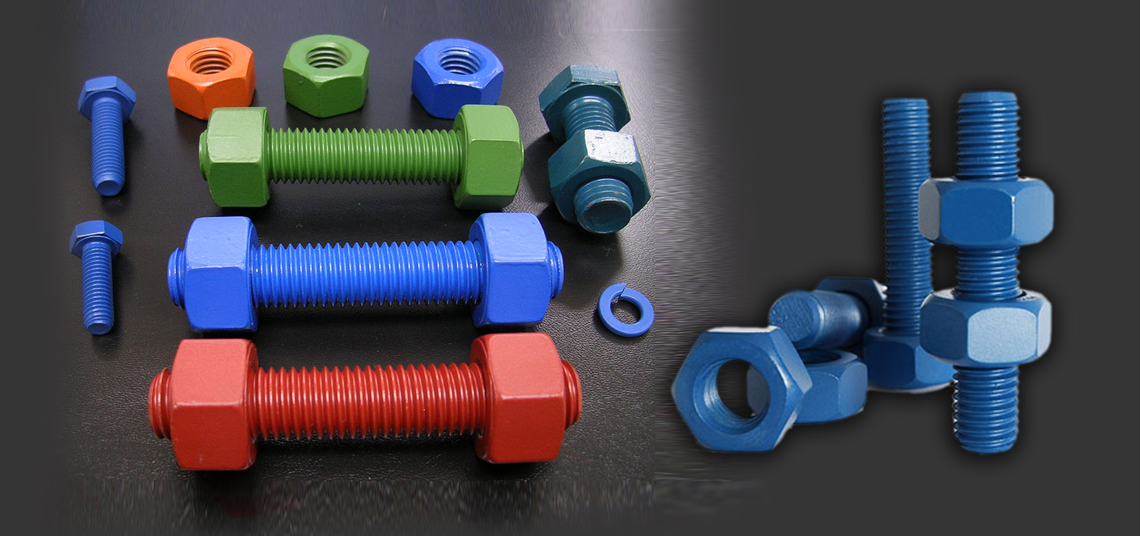
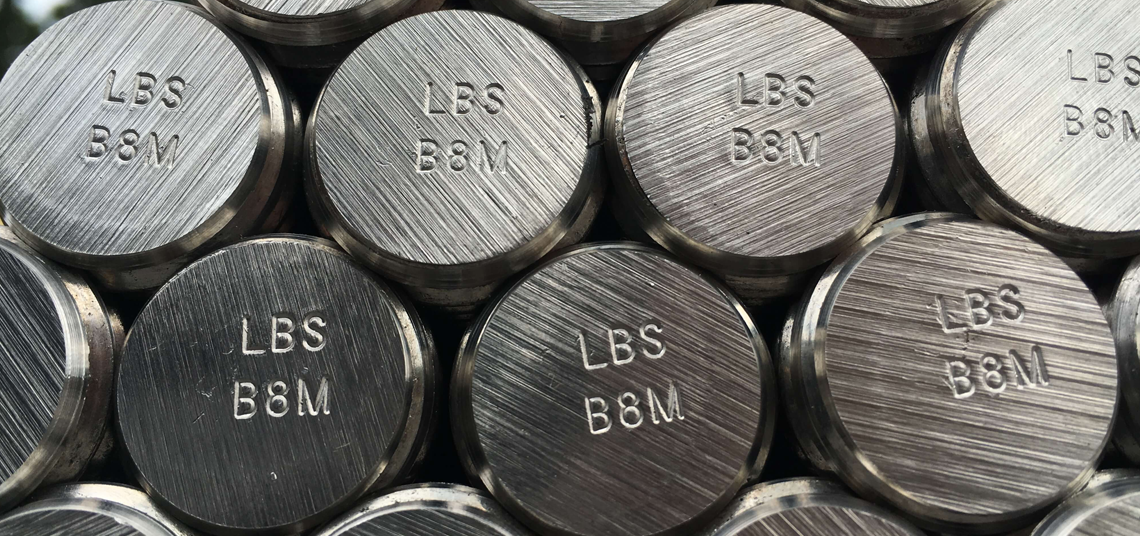
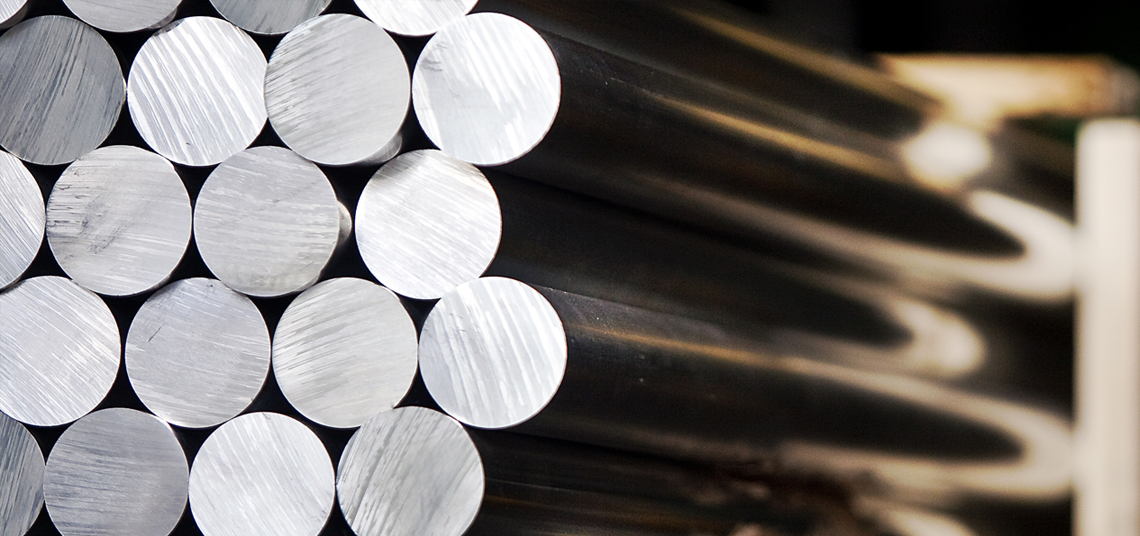
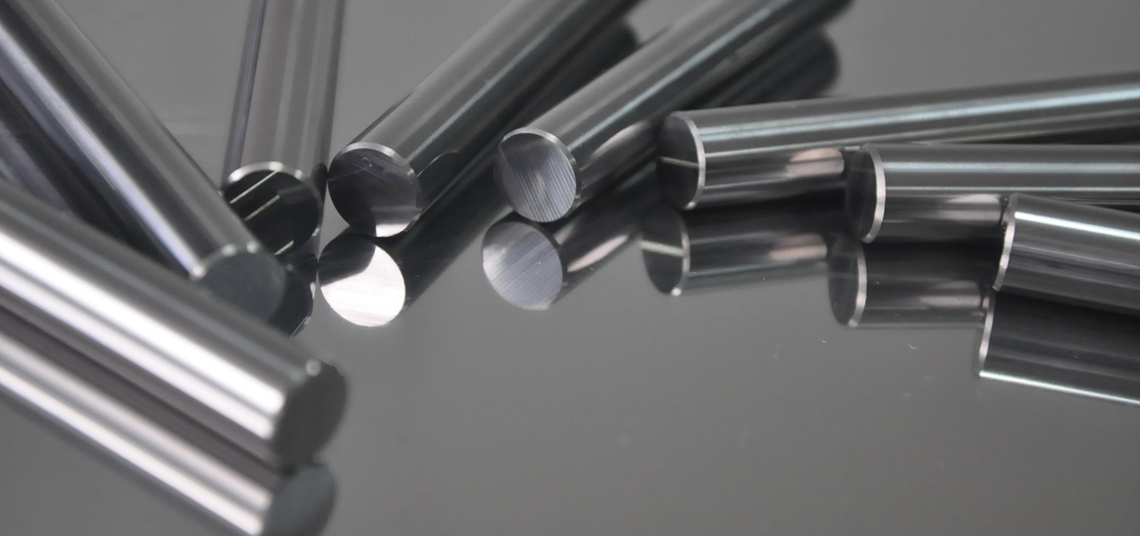
In the oil and gas industry, stud bolts are critical in ensuring safe and efficient operation of equipment and facilities. They commonly connect flanges, pipelines, valves, and other components, forming leak-proof seals that withstand high pressures and temperatures. The use of the appropriate stud bolts, in terms of material and grade, is essential in this industry, given the extreme conditions and potential exposure to corrosive substances.
Stud bolts have a variety of applications in the automotive industry, where they are used to assemble engines, transmissions, suspensions, and other components. They offer precise alignment and secure connections, crucial for vehicles proper functioning and performance. Stud bolts are often made from high-strength materials, such as alloy steel or stainless steel, to ensure durability and resistance to wear and tear.
In the construction and infrastructure sector, stud bolts are used to join a number of structural components, such as steel beams, columns, and concrete slabs. They provide solid and reliable connections, which are essential for the stability and integrity of buildings, bridges, and other structures. Stud bolts used in this industry may be subjected to significant loads, requiring high-strength materials and adherence to strict standards and specifications.
Stud bolts are widely used in the assembly of machinery and equipment across various industries, such as manufacturing, mining, and agriculture. They help secure components together, ensuring the proper functioning and safety of the equipment. In these applications, stud bolts may be exposed to vibrations, high loads, and harsh operating conditions, necessitating durable materials and appropriate grades.
The American Society for Testing and Materials (ASTM) and the American Society of Mechanical Engineers (ASME) are leading organizations that develop and maintain standards for materials, products, and systems, including stud bolts.
ASTM and ASME standards cover many aspects, such as material composition, mechanical properties, dimensions, and manufacturing processes. Diameter, length, and thread pitch are key dimensions that affect the compatibility and performance of stud bolts in various connections.
By following these standards, manufacturers can ensure that their stud bolts are of the highest quality and suitable for the intended applications. Some common ASTM and ASME standards for stud bolts include ASTM A193, ASTM A320, and ASME B18.31.3.
Stud bolts come in various grades, which indicate their mechanical properties, such as tensile strength, yield strength, and elongation. Some common grades for stud bolts include B7, B8, B8M, L7, and L43. The choice of grade depends on the specific requirements of your application, such as the expected loads and environmental conditions.
In addition to grades, studs can feature various coatings to enhance their performance, appearance, and resistance to corrosion. Common coatings include zinc plating, hot-dip galvanizing, and PTFE (polytetrafluoroethylene) coatings. The choice of the coating depends on factors such as the application, environmental conditions, and the desired level of corrosion protection.
Exotic materials like Inconel and Monel are high-performance alloys with exceptional corrosion, heat, and pressure resistance. These materials are often used in stud bolts for specialized applications that demand superior performance in harsh environments.
Inconel is a nickel-based alloy known for its excellent resistance to high temperatures, oxidation, and corrosion, making it ideal for use in the aerospace, nuclear, and chemical processing industries.
Monel, a nickel-copper alloy, offers excellent corrosion resistance, especially in seawater and acidic environments, making it suitable for marine and chemical industries.
When selecting a material for your stud bolts, it is essential to consider the specific requirements of your application, such as the expected loads, environmental conditions, and potential exposure to corrosive substances. Choosing the appropriate material ensures that your stud bolts perform optimally and provide a reliable connection.
Carbon steel is popular for stud bolts due to its strength, affordability, and availability. It is an iron-based alloy with a small carbon percentage, giving it excellent tensile strength and durability.
Carbon steel studs are often used in applications where high strength and resistance to wear are required, such as heavy machinery, construction, and automotive industries. However, carbon steel is susceptible to corrosion, so that it may require additional coatings or treatments for protection in corrosive environments.
Stainless steel is an alloy of iron, chromium, and other elements with excellent corrosion resistance, strength, and durability. The chromium content in stainless steel forms a passive layer of chromium oxide on the surface, which protects the material from corrosion.
A stainless steel stud would be commonly used in applications where corrosion resistance is a primary concern, such as chemical plants, marine environments, and food processing facilities.
Alloy steel has been modified by adding various elements, such as chromium, molybdenum, nickel, and others, to improve its mechanical properties. These alloying elements enhance the steel's strength, hardness, toughness, and resistance to wear, making alloy steel stud bolts suitable for high-stress applications and extreme conditions. Alloy steel stud bolts are often found in the oil and gas, aerospace, and power generation industries.
Superalloys are high-performance materials known for their excellent mechanical strength, resistance to thermal creep deformation, and ability to withstand high temperatures and harsh environments. These alloys typically combine nickel, cobalt, iron, and other elements, offering exceptional performance under extreme conditions.
Superalloy stud bolts are often used in applications where conventional materials, such as aerospace, power generation, and high-temperature chemical processing industries, may not perform well. Superalloys ensure that stud bolts maintain their strength, stability, and resistance to corrosion even under the most demanding conditions.